Optimal Timing for Waterproofing Applications
Proper timing is essential for effective waterproofing applications. The ideal period depends on weather conditions, temperature ranges, and project scope. Typically, waterproofing is most successful during dry, mild weather when moisture levels are low and temperatures are within the recommended range for materials to cure properly.
Spring offers moderate temperatures and longer dry spells, making it suitable for waterproofing projects before the heavy rain season begins.
Warm weather and longer daylight hours facilitate quick curing, but high humidity and rain can interfere with application quality.
Early fall provides cooler temperatures and dry conditions, ideal for sealing surfaces before winter.
Winter is generally unsuitable due to freezing temperatures and moisture challenges, which can compromise waterproofing effectiveness.
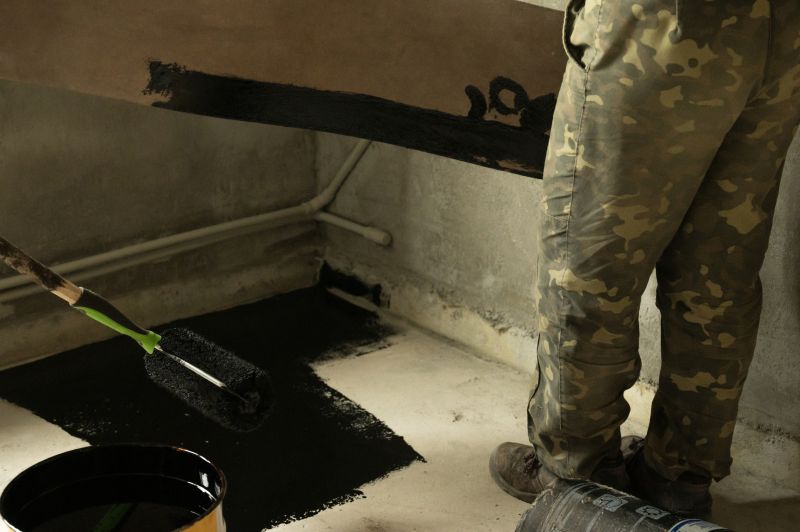
Ways to make Waterproofings work in tight or awkward layouts.
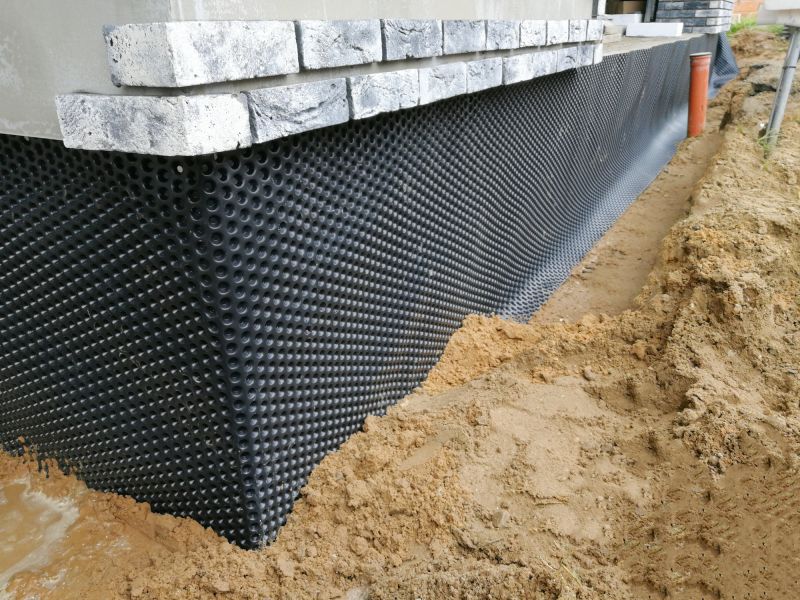
Popular materials for Waterproofings and why they hold up over time.
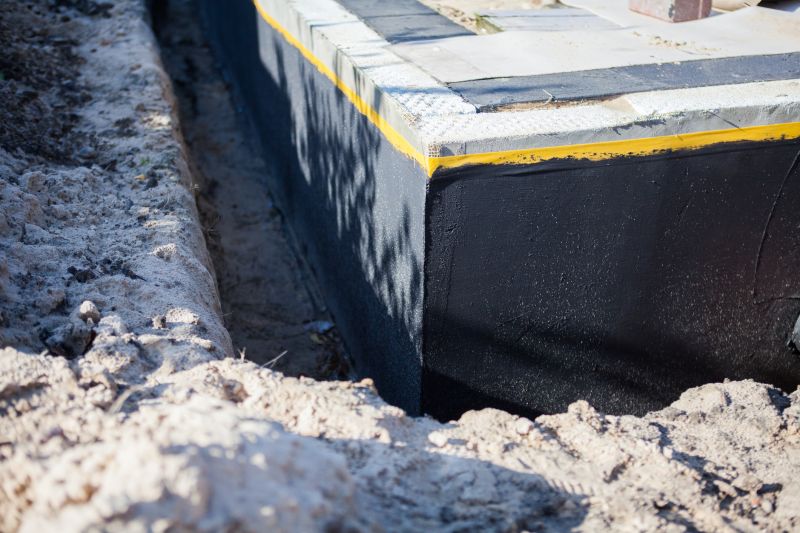
Simple add-ons that improve Waterproofings without blowing the budget.
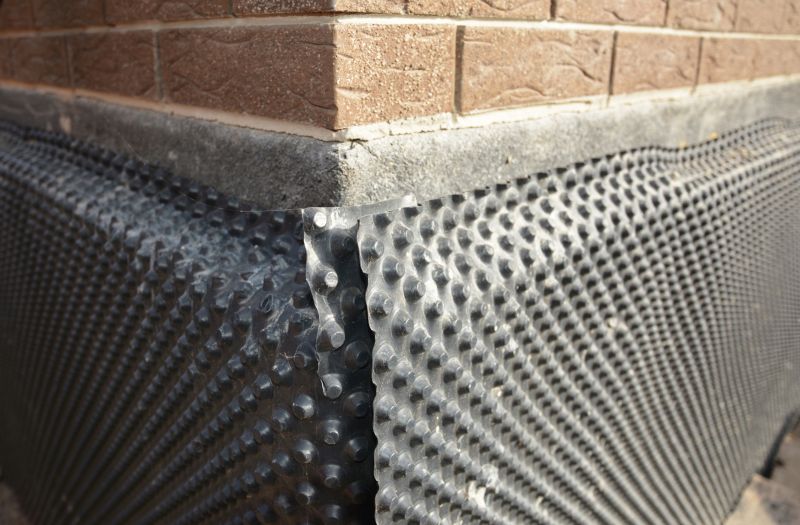
High-end options that actually feel worth it for Waterproofings.
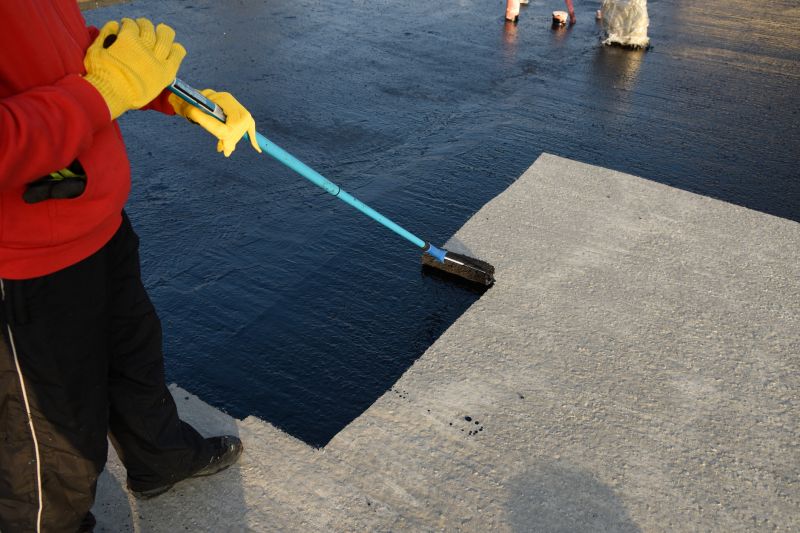
Finishes and colors that play nicely with Waterproofings.
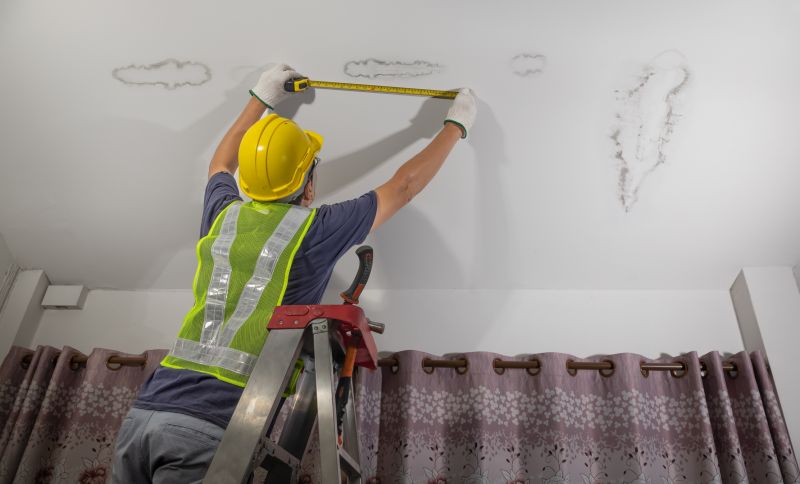
Little measurements that prevent headaches on Waterproofings day.
Waterproofing is a critical process that protects structures from water intrusion, preventing damage and extending longevity. It involves applying specialized materials to surfaces such as foundations, roofs, and basements to create a barrier against moisture. Effective waterproofing can reduce maintenance costs and prevent issues like mold growth, structural weakening, and interior damage. Proper application timing ensures the materials cure correctly and deliver optimal performance, making the choice of season vital for long-term results.
| Season | Ideal Conditions |
|---|---|
| Spring | Dry, mild temperatures, moderate humidity |
| Summer | Warm, dry days with low humidity |
| Fall | Cool, dry weather with stable temperatures |
| Winter | Freezing temperatures and high moisture levels |
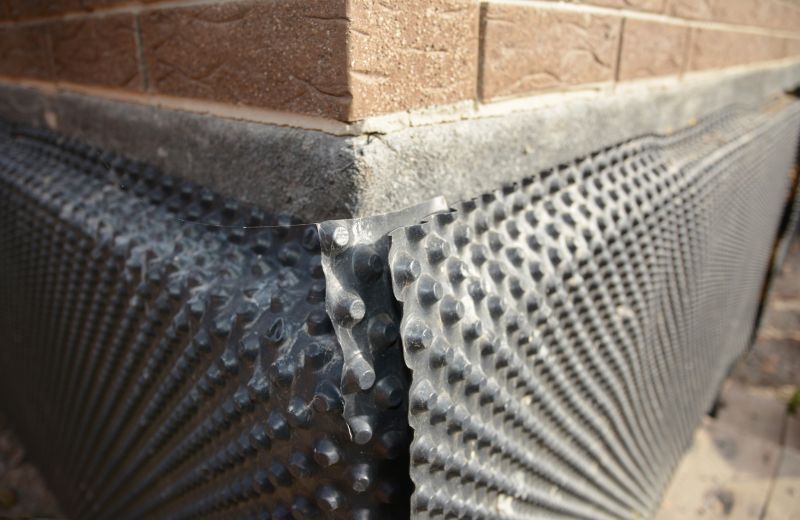
A 60-second routine that keeps Waterproofings looking new.
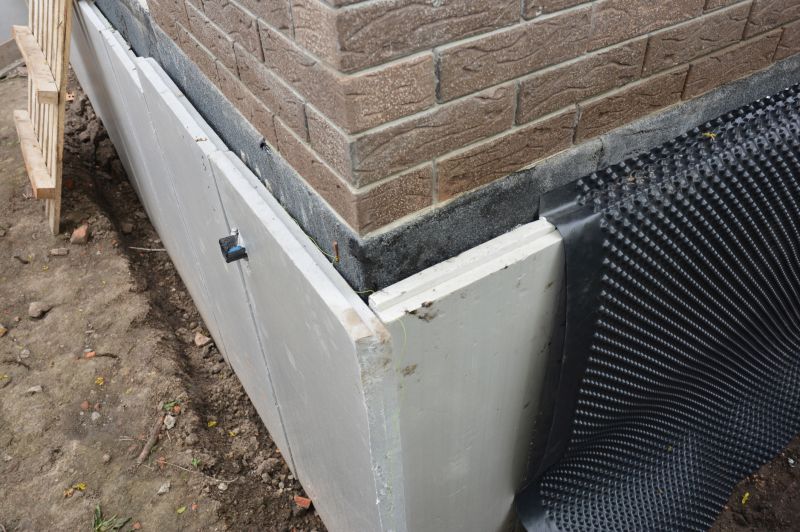
A frequent mistake in Waterproofings and how to dodge it.
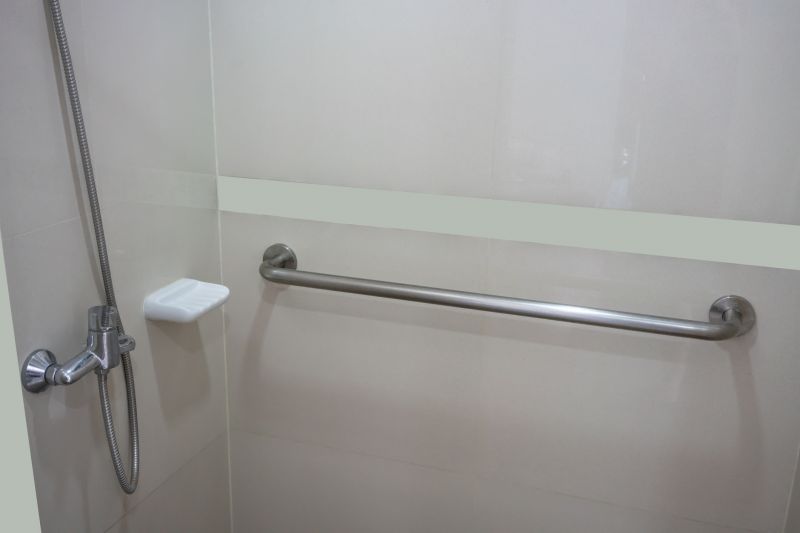
Small tweaks to make Waterproofings safer and easier to use.
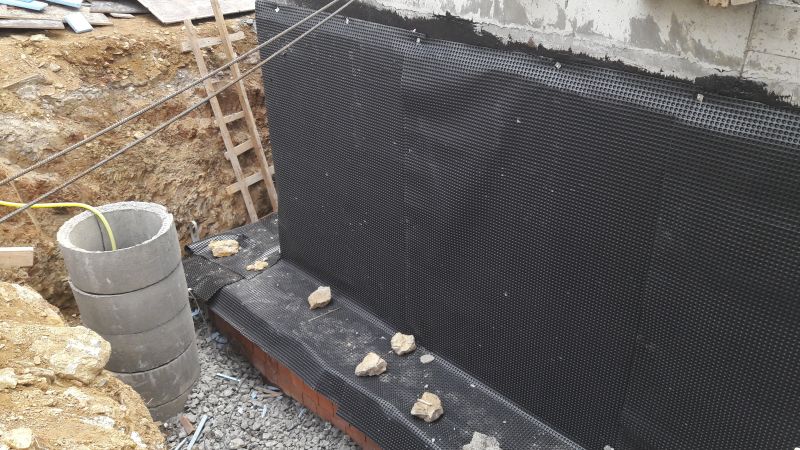
Lower-waste or water-saving choices for Waterproofings.
Choosing the right time for waterproofing ensures the longevity and effectiveness of the application. Properly timed projects reduce the risk of material failure and water intrusion, safeguarding structural integrity. It is advisable to avoid waterproofing during extreme weather conditions, such as freezing temperatures or heavy rain, to achieve the best results.
Interested in waterproofing solutions? Fill out the contact form to connect with local experts and schedule an assessment.


